By Swati Mehta
From February 5-7, 2025, the Open Government Partnership Asia and the Pacific Regional Meeting brought together government and civil society leaders in Manila to advance transparency, accountability, and inclusive governance. On the sidelines of the summit, HiiL co-hosted two side events exploring people-centered and collaborative approaches to justice policymaking and implementation. At a time of shifting political dynamics, HiiL’s Senior Justice Partnership Advisor, Swati Mehta, reflects on this meeting and the role of multi-stakeholder partnerships in driving meaningful change.

“Change is the only constant” and yet it is always difficult, especially when it disrupts long-established ways of working! The recent changes in the global political dynamics and the “shock and awe” policies of the Trump administration have been particularly difficult for those directly impacted. But also for those working in the humanitarian and development sector (like me) who were used to established ways of working.
At the same time, other major donors are rethinking their aid commitments, with significant cuts expected to traditional funding streams. In this evolving terrain, those committed to working on sustainable development must find transformative and innovative ways to continue the important work. Philanthropies, the private sector, national governments and like-minded partnerships will be more critical than ever in supporting people and communities and ensuring solutions are locally driven.
In this context, platforms such as the Open Government Partnership (OGP) play a key role in building local, national, regional and global partnerships between governments and civil society organisations, reinforcing commitment, building trust and sharing good practices. The recent OGP Asia Pacific meeting hosted by The Philippines government brought together over 800 participants, including government leaders, civil society advocates, and policy experts from more than 40 countries.

The energy in rooms, hallways and side-events was palpable as governments, policy experts and civil society organisations drew strength from each other and discussed the importance of partnerships in making governments perform better. There was a clear recognition that massive challenges facing us – climate change, growing conflict, back sliding of democracies, disinformation and increasing mistrust between people and institutions – cannot be dealt with by any one agency or government: that partnerships are critical.
We heard that it is not just national but increasingly local governments that are making commitments on the OGP platform and that the commitments have gone from traditional areas around budgetary transparency to newer areas such as justice and climate.
At the heart of open and transparent governance lies a simple yet powerful idea: justice must serve the people. This theme resonated throughout multiple discussions, including two dynamic side-events co-organised by HiiL alongside partners such as UNDP, Indonesia Judicial Research Society, Namati, Grassroots Justice Network, Alternative Law Groups and Pathfinders for Peaceful, Just and Inclusive Societies. Below are the key takeaways from the two side-events on justice that I moderated:
- Justice starts with people, not institutions: Justice is not limited to courts and lawyers. People should be at the center of justice systems, policies and services. A truly people-centered approach redefines justice as more than just legal proceedings—it’s about empowering individuals to prevent and resolve their problems, participate meaningfully in society, and thrive in their economies. This is the foundation of good governance and sustainable development.
- Transforming justice systems to rebuild trust: We must transform the way justice is delivered and experienced to build trust and strengthen the social contract.
- Data, evidence and focus on outcomes is essential for transforming the way justice is designed and delivered. Scalability and sustainability of programmes is important and must be considered from the very inception.
- Collaboration is the way forward: Achieving people-centred justice requires collaboration between formal and informal justice systems; leveraging high and low tech solutions; and empowering people and communities. Empowering people and communities is vital, as is recognising justice as a tool for both conflict prevention and resolution.
- No one owns justice – it belongs to everyone: No one has the monopoly to decide what justice should look like. It must be co-created through critical engagement between governments, civil society, communities and people themselves. This means fostering legal empowerment – ensuring that people not only know and understand the laws and policies they are subject to but can effectively engage with their government to use and shape them
Several good practices were shared on effective multistakeholder collaborations on justice including:
- Kenya’s Alternative Justice Systems Policy under which the judiciary works closely with traditional and informal justice actors.
- The Philippines local Justice Zones which provides a coordination mechanism for principal actors in the criminal justice system at the local level.
- Government-funded Legal aid in Indonesia which provides a model for CSOs to deliver legal aid, with state support
- The Escazu Agreement – A regional initiative in Latin America and the Caribbean that guarantees access to environmental justice, information, and public participation.
- Local Collaborations Across the Globe – From Malawi and Pakistan, where CSOs work with prison authorities to provide legal aid for incarcerated individuals, to Thailand, where Asylum Access Thailand collaborates with immigration and labor departments to support refugees and migrant workers.
While everyone was mindful of the challenges ahead and that a “business-as-usual” approach will not work, the regional meeting provided a much needed opportunity to reconnect with allies, draw strength from each other, recognise and celebrate of the power of partnerships, and strengthen faith in values of openness, transparency and justice.
As the incoming CEO of OGP Aidan Eyakuze said in his closing “We should, and we can” strive for the change we want to see. Nothing – not even these turbulent times – lasts forever! Change is around the corner and together, we can shape it.

Swati Mehta is Senior Justice Partnership Advisor at HiiL.

